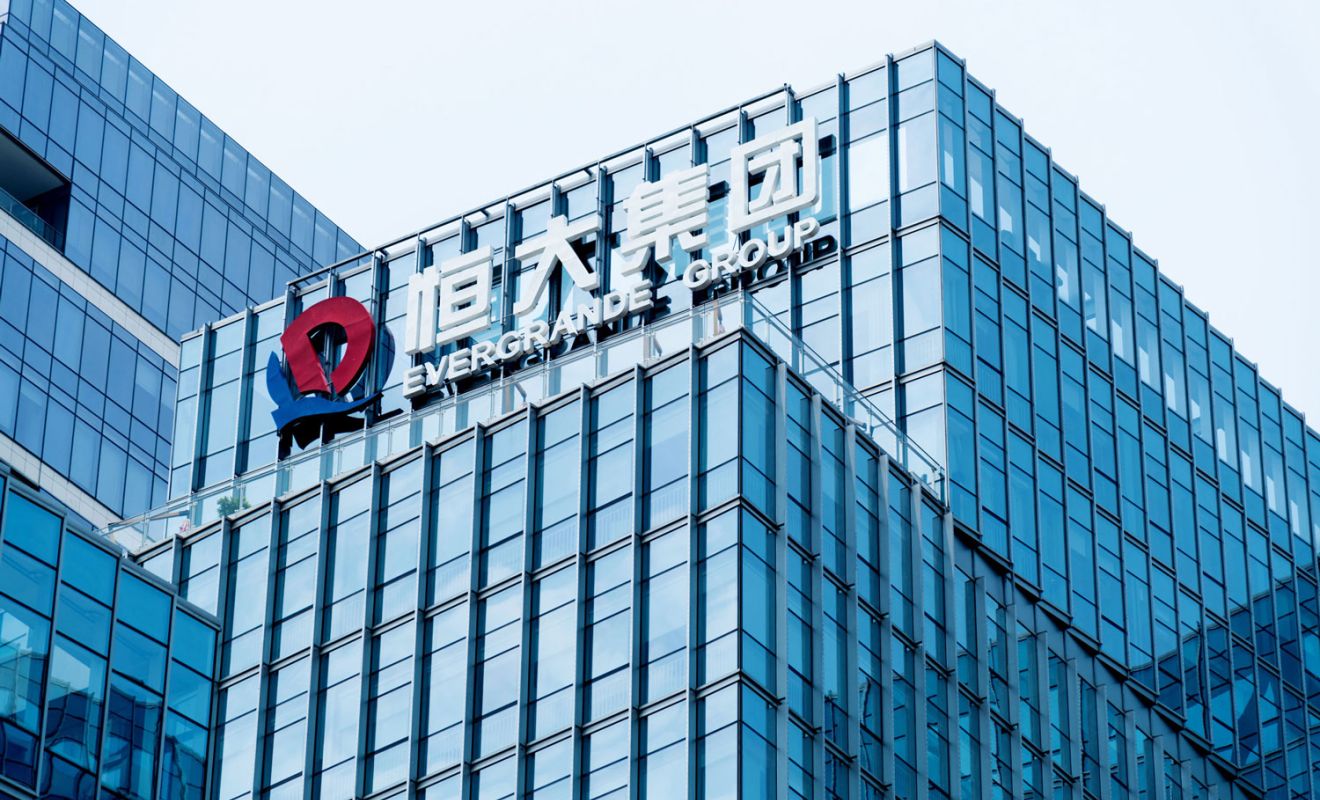Evergrande Group debacle - avoidable with Islamic finance?

The Evergrande Group issue has caught the attention of investors worldwide. The news that China’s second-largest property developer might soon default has made many market participants nervous. Comparisons are being drawn to the 2008 financial crisis, as the real estate sector's close ties with banks and financial institutions could destabilize them in the event of major property bankruptcies. The real estate sector accounts for about a quarter of China’s economic activity, making it macroeconomically significant for China and the global economy. Evergrande Group alone has liabilities of approximately 300 billion USD.
Currently, the company is struggling to meet interest payments on its issued bonds. On Wednesday, it was reported that the first interest payment on bonds issued in China could be met. However, the company remains silent about future interest payments. Creditors may offer Evergrande an extension, as some are currently discussing. However, it is noteworthy that the interest payments are not being waived, only deferred—a typical characteristic of debt financing, where obligations must be met regardless of whether the borrower realizes actual profit or has to incur further debt to cover interest. Evergrande Group is currently trying to sell its existing properties below market value to quickly gain liquidity. While this may temporarily cover outstanding interest payments, it does not solve the problem of future demands. Consequently, the revenue will decrease as fewer properties are held, and due to lack of collateral, future financing may be arranged under less favorable conditions. Not uncommon for the industry, but important to note is that Evergrande's debt-to-equity ratio has been around 80 to 95% in recent years, resulting in a very low equity ratio.
The question we are concerned with is whether the business predicament of the Evergrande Group could have been avoided with a Sharia-compliant concept?

First, the Islamic principles for economic activity must be considered. Islamic teachings allow for profits from trade and partnership businesses and prohibit any advantage from risk-free lending. Profits must not be generated from businesses involved in pork, alcohol, weapons, gambling, pornography, interest, etc.
In the case of Evergrande Group, the business model of property development through interest-bearing debt poses a major problem. The reason for this is obvious in this specific case. The interest obligation forces the company to raise more capital on the market (usually at a higher cost) until no financial institution is willing to provide more capital. Ultimately, the only option is to sell existing assets to cover interest costs. Otherwise, bankruptcy is inevitable.
However, if the financing were based on an Islamic-compliant partnership structure, the problem of open interest payments leading the company into insolvency would not exist.
In partnership financing, there are various models where the partner shares in the profits of the projects and thus also bears part of the risk—unlike conventional debt financing, where the bank demands its loan amount plus interest. In case of payment defaults and potential bankruptcy, the bank as a creditor is paid from the bankruptcy estate. However, with the Islamic-compliant method, the partner only participates in actual profits and assumes additional risks, leading to a more thorough examination of whether a business idea appears solid and profitable. This mechanism prevents funds from being invested in implausible projects that do not find buyers, as in the case of Evergrande Group. In case of profit failure or loss, the partner has no claims for money and would be interested in the business recovery. This means that in a predicament like Evergrande Group's, no payment obligations are enforced, but a plan is developed to bring the company back on track.
Sharia-compliant financing options include Musharaka financing, where a partnership in the form of a joint venture is entered into, and a profit-sharing ratio is agreed upon between the partners. Gradually, the capital seeker acquires the shares of the capital provider in the jointly founded joint venture until all shares are owned by the capital seeker. Another option is Mudaraba financing, where the capital is provided by the partner, and the capital seeker is expected to generate profits, in which the capital provider shares. If no profits are generated, unlike interest-based transactions, there is no obligation to pay. This prevents the capital seeker from being driven into insolvency by capital demands.
The Evergrande Group example clearly shows the impacts of interest transactions and how they can cause global instability.
For more information on Sharia-compliant financing models, please refer to our blog post:
https://www.inaia.finance/en/blog/islam-compliant-financing/
